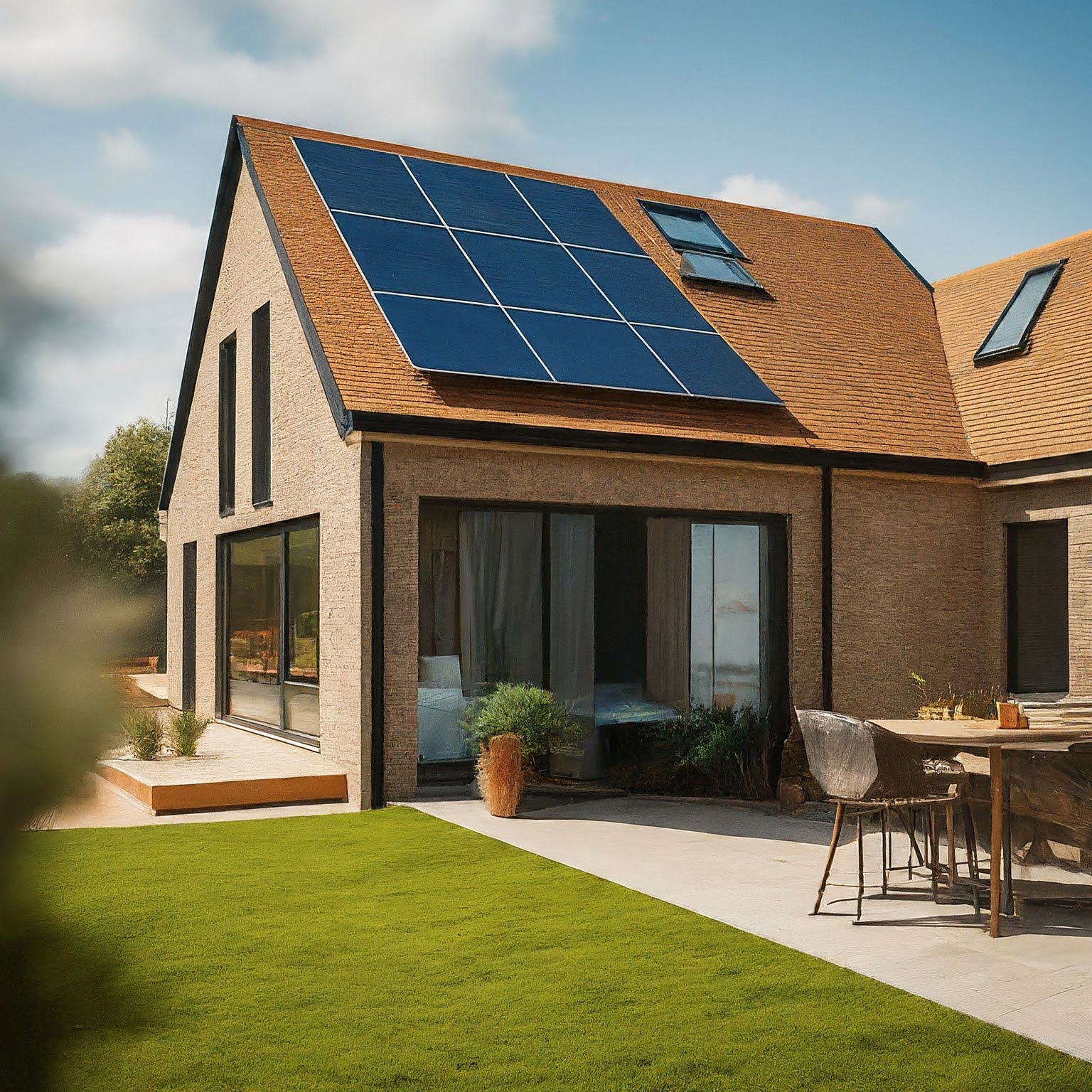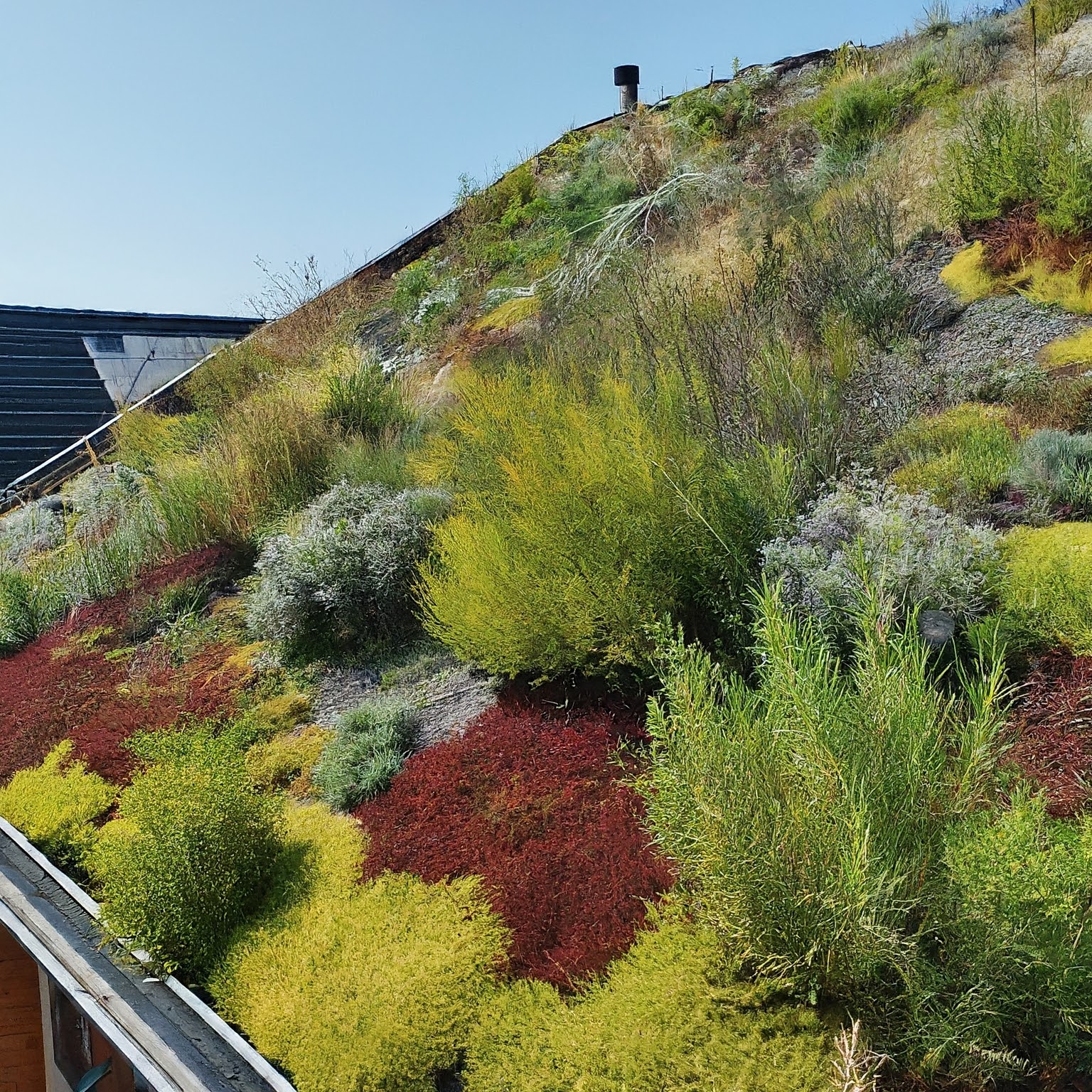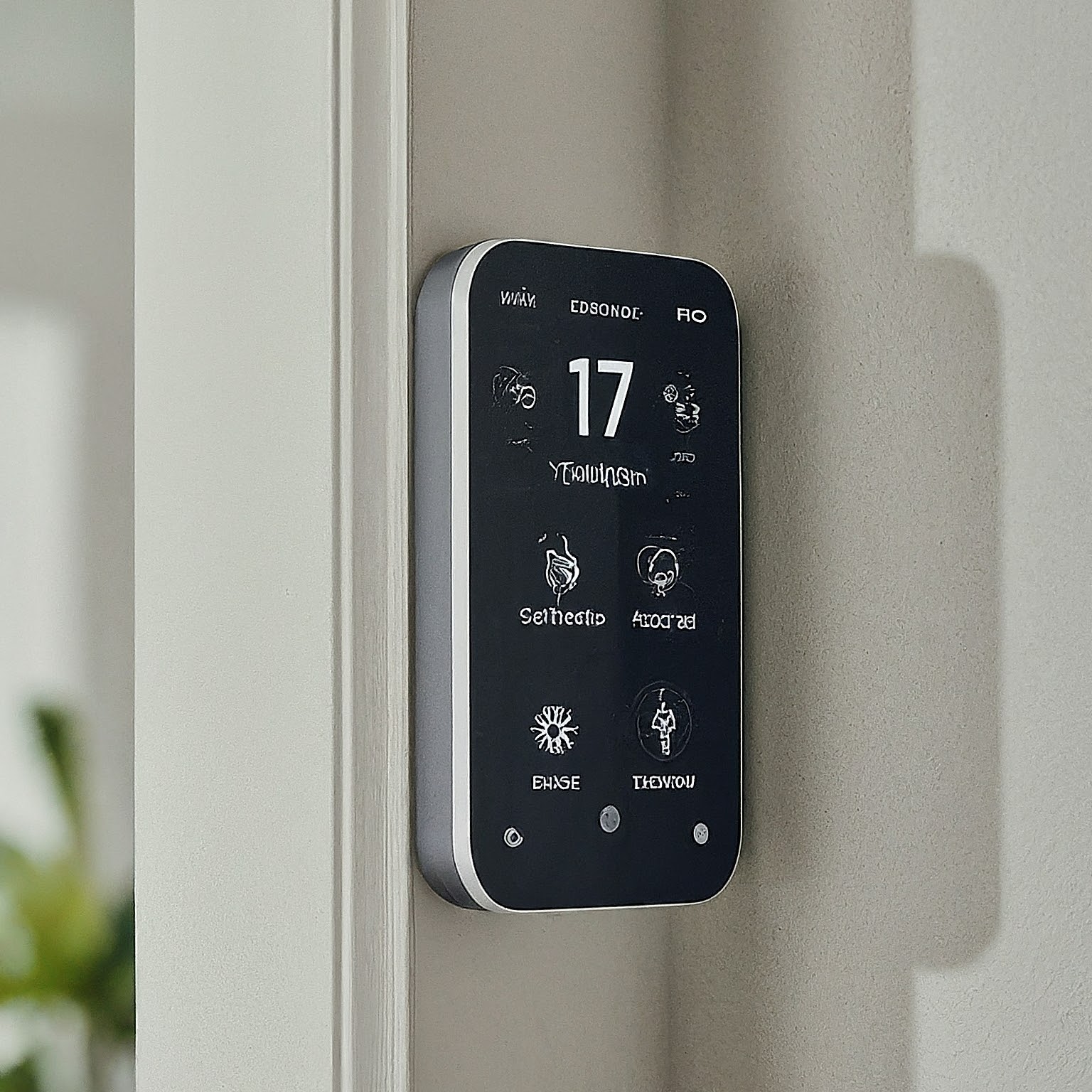About the Author Sarah Jones is a passionate green building advocate and certified EcoBroker with over a decade of experience in sustainable real estate. She empowers homeowners and investors to make informed decisions about eco-friendly living through her writing and consultations. Informative Headings Why Go Green? The Financial Benefits of Eco-Homes Sun Power Your Savings:
About the Author
Sarah Jones is a passionate green building advocate and certified EcoBroker with over a decade of experience in sustainable real estate. She empowers homeowners and investors to make informed decisions about eco-friendly living through her writing and consultations.
Informative Headings
- Why Go Green? The Financial Benefits of Eco-Homes
- Sun Power Your Savings: Solar Energy
- H2Whoa! Saving with Water-Efficient Systems
- Energy Efficiency: Small Changes, Big Impact
- Going Green Beyond Utilities: Government Incentives
- Investing in Your Future: The Value of Eco-Homes
- Conclusion: Live Sustainably, Save Money
Informative Table:
| Eco-Feature | Benefit | Example |
|---|---|---|
| Solar Panels | Reduces electricity bills, may qualify for tax credits | Generates clean energy from sunlight |
| Water-Saving Fixtures | Lowers water usage and utility costs | Low-flow showerheads, high-efficiency toilets |
| Energy-Efficient Appliances | Cuts down on electricity consumption | ENERGY STAR-rated refrigerator, dishwasher |
| Smart Thermostat | Automates heating and cooling for optimal efficiency | Programs for energy use based on your schedule |

Picture by: Google Gemini
Have you ever dreamt of a home that feels good for the environment and your wallet? Look no further than eco-homes! These sustainable dwellings are packed with features that can significantly reduce your utility bills and even generate additional income.
Why Go Green? The Financial Benefits of Eco-Homes
Going green isn’t just about saving the planet (although that’s a pretty good reason too!). Eco-friendly homes offer a plethora of financial advantages for homeowners and real estate investors, according to a report by the National Association of Home Builders [NAHB]. Here’s how:
-
Reduced Utility Bills: Imagine slashing your electricity and water usage! Solar panels, water-saving fixtures, and energy-efficient appliances are just some ways eco-homes help you conserve resources and keep more money in your wallet. Studies by the Department of Energy [DOE] consistently show that these features can translate to significant cost savings on your utility bills.
-
Government Incentives: Many governments offer tax credits, rebates, and other financial incentives to encourage sustainable living. The Database of State Incentives for Renewables & Efficiency [DSIRE] is a great resource to research local programs and see if you qualify for additional savings on your eco-friendly home features.
-
Increased Property Value: Eco-homes are in high demand! According to a study by the National Bureau of Economic Research [NBER], sustainable homes often command a higher selling price when compared to traditional properties. This is a win-win for the environment and your investment.

Picture by: Google Gemini
Let’s explore some key eco-features and how they can make your home a financial powerhouse!
Sun Power Your Savings: Solar Energy
Imagine harnessing the power of the sun to reduce your electricity dependence! Solar panels capture sunlight and convert it into clean, usable energy, significantly lowering your electricity bills. Furthermore, many states offer tax credits that can offset a portion of the upfront installation cost.
H2Whoa! Saving with Water-Efficient Systems
Every drop counts, especially when it comes to your wallet! Water-efficient fixtures like low-flow showerheads and high-efficiency toilets can dramatically reduce your water usage, leading to lower utility bills. These features are often readily available and relatively inexpensive to install, making them a quick and impactful way to save money.
Energy Efficiency: Small Changes, Big Impact
Energy efficiency is all about getting the most out of the energy you use. Upgrading to ENERGY STAR-rated appliances like refrigerators and dishwashers can significantly reduce your energy consumption. Additionally, simple measures like switching to LED light bulbs and sealing air leaks around windows and doors can make a big difference in your energy usage.
Going Green Beyond Utilities: Government Incentives
The financial benefits of eco-homes extend beyond just reducing your utility bills. Many government programs offer incentives to encourage homeowners to adopt sustainable practices. These incentives can include tax credits, rebates, and grants for features like solar panels, geothermal heating systems, and energy-efficient upgrades. By researching local and national programs through resources like DSIRE, you can unlock additional financial rewards for making your home eco-friendly.
Investing in Your Future: The Value of Eco-Homes
Embracing eco-friendly features isn’t just good for your wallet today; it’s a smart investment for the future. As eco-consciousness continues to rise, so does the demand for sustainable housing. Studies by the Urban Land Institute [ULI] project that eco-homes will become increasingly desirable in the coming years. This means that incorporating eco-friendly features can not only save you money on utilities and potentially earn you government incentives, but it can also boost the resale value of your property down the line.

Picture by: Google Gemini
Conclusion: Live Sustainably, Save Money
By embracing eco-friendly living, you don’t have to choose between a healthy planet and a healthy bank account. Eco-homes offer the perfect blend of sustainability and financial benefits, making them a smart investment for the future. So, start researching eco-friendly options today and watch your home transform into a green haven that saves you gold!
Here are some additional tips to get you started on your eco-home journey:
- Start Small: You don’t have to overhaul your entire home overnight. Begin by implementing a few key eco-friendly features like swapping out traditional light bulbs for LEDs or installing a low-flow showerhead. Even small changes can make a significant impact on your utility bills and environmental footprint.
- Do Your Research: Explore government incentive programs and rebates in your area to see what financial assistance might be available for eco-friendly upgrades. Resources like DSIRE and the websites of your local government agencies are great places to start.
- Consult with an Expert: Consider seeking advice from a certified EcoBroker or green building professional. These experts can help you assess your home’s energy efficiency, recommend eco-friendly features, and connect you with qualified contractors for installation.
By taking these steps, you can create a sustainable and financially rewarding living environment. Remember, going green goes gold – for your wallet and for the planet!
















